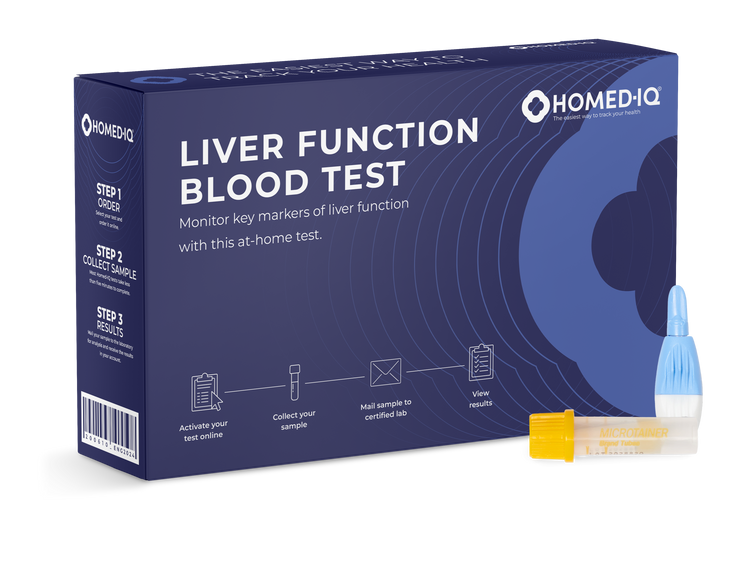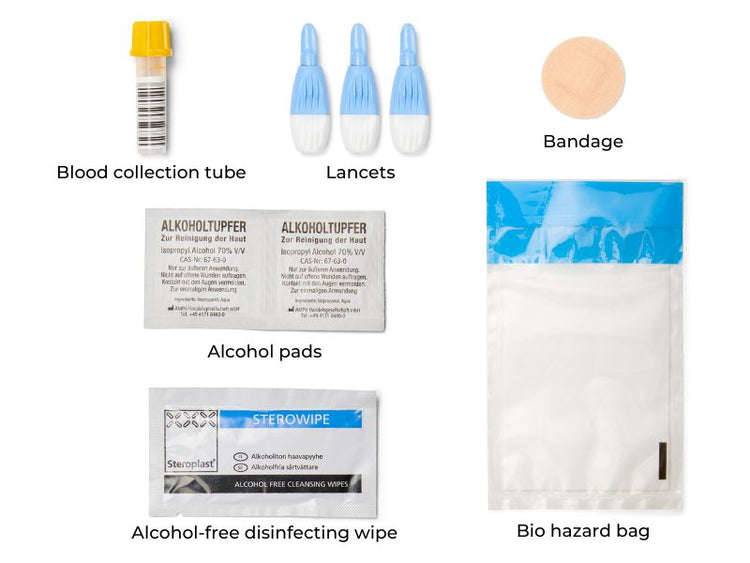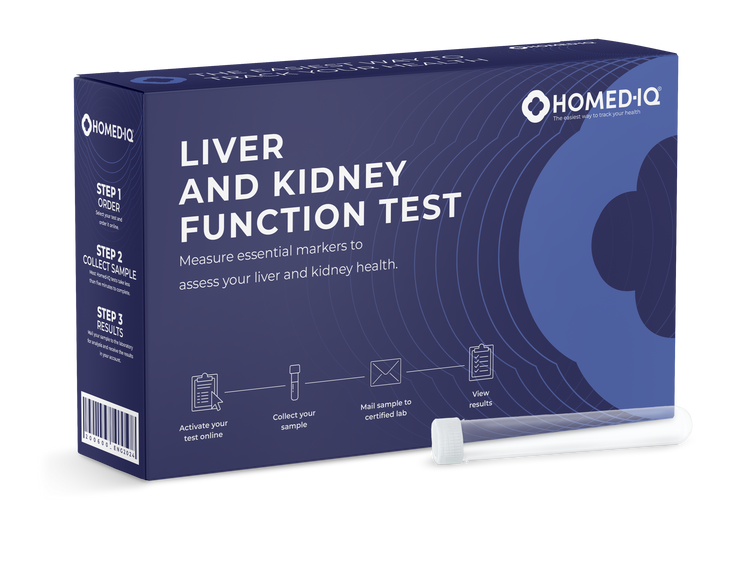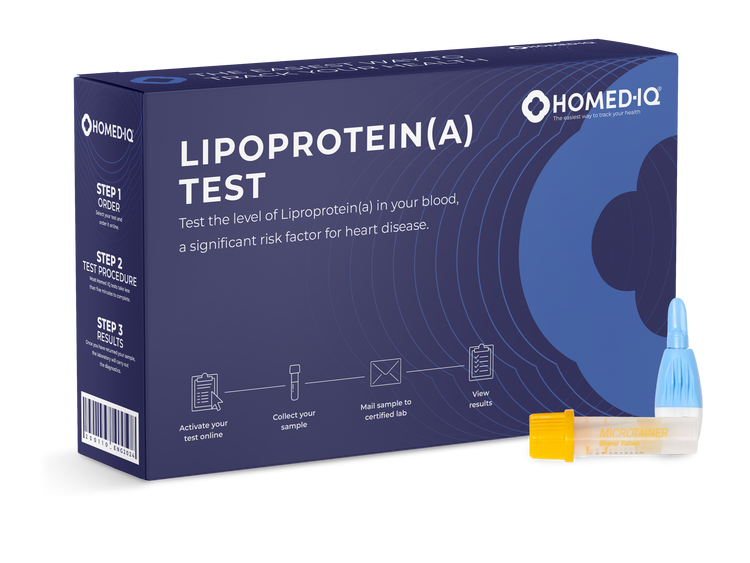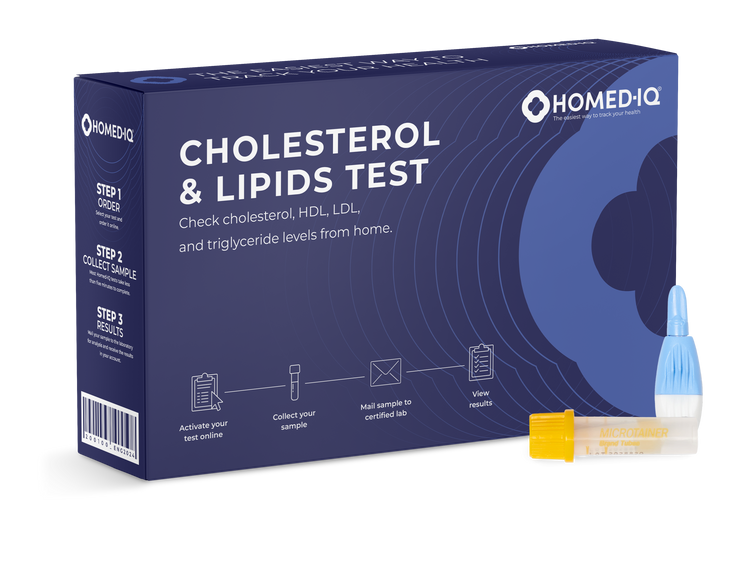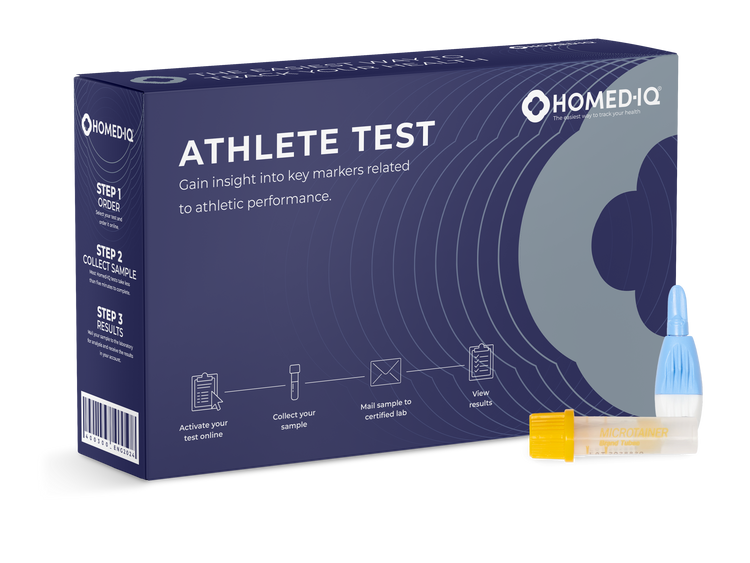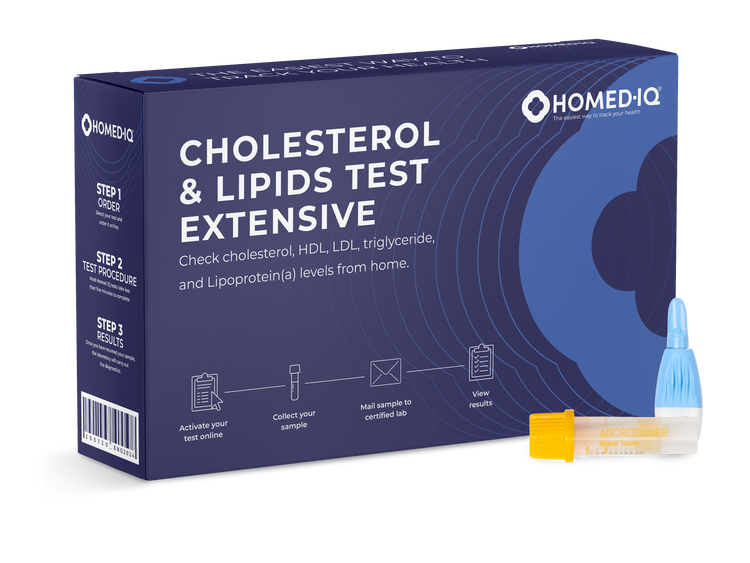Kidney Damage Test
FREE SHIPPING
One in ten people worldwide will develop chronic kidney disease in their lifetime. However, most people are unaware they have it until it significantly impacts their kidney function. This test measures the amount of albumin in urine, the most common type of protein in the blood. When the kidneys are damaged or diseased, albumin can ‘leak’ into the urine. Monitor your kidney health and detect potential diseases early with this straightforward home test.
Test mode:
Urine sample
FAQs
What are the warning signs of kidney disease?
What can cause kidney disease?
When should you consider doing a kidney test?
Do I need to fast before taking an albumin/creatinine ratio test?
How does it work?
-
![Woman in professional cozy kitchen with Homed-IQ test kit]() 1
1Order your test
Fast and discrete letterbox delivery
-
![]() 2
2Activate & take your sample
Video instructions included
-
![]() 3
3Laboratory analysis
ISO - Certified lab network
-
![]() 4
4Receive your results
Easy access through mobile









